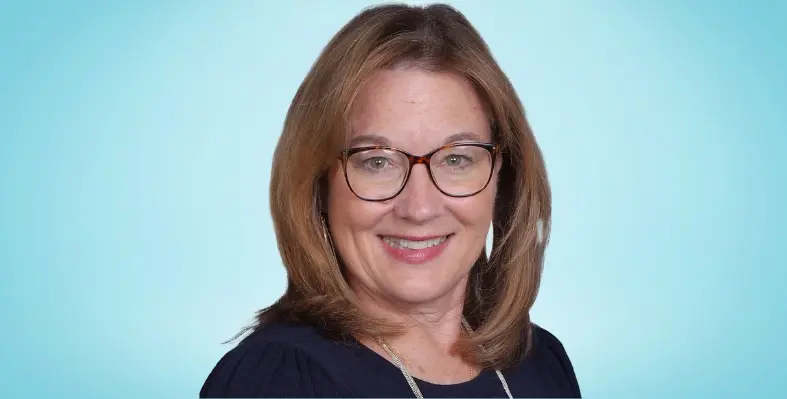The Middle East is at the forefront of the global energy transition, with countries like the UAE and Saudi Arabia making significant investments in renewable energy and decarbonisation efforts.
In a recent interview, Technical Review Middle East sat down with Sue Quense, chief commercial officer of industrial software company AVEVA, to discuss the opportunities and challenges in this rapidly evolving landscape.
Quense highlighted the tremendous growth potential in the region, noting the innovative projects already underway. Adding that the company is committed to decarbonisation, Quense said that, “I think the whole world is focused on it [decarbonisation]. But I also think that what you have here in the Middle East is a lot of companies that have built very complex facilities, and so they're able to kind of hit the ground running. These companies are committed to decarbonisation, and this is where we're excited to partner with these companies because we've been with them forever, and now we're able to help them move to a less carbon intensive future.”
Quense explained that AVEVA's tools and solutions are applicable across a wide range of industries, from oil and gas to power generation and manufacturing.
"The beauty of what AVEVA does is that it's applicable across many industries. For oil and gas, our customers are experts, but we have so much experience working with them, understanding what their problems are, and working on things we have solved in power generation, everything from fossil fuels all the way up through wind, solar, hydro."
Beyond renewable energy, Quense emphasised AVEVA's focus on "industrial intelligence" - the concept of connecting people's knowledge and expertise with the vast amounts of data being collected in industrial settings.
"The idea that you'll have tools that can kind of help point them in the right direction, right? And to make sense of all that data, because about 78% of the data that we collect doesn't get used. So first of all, we're collecting a lot of data. Second of all, there's got to be a way to use some of that data, and so that's what we do, is we bring all that together."
One of the key challenges in the Middle East, according to Quense, is data residency and the need to work closely with partners like Microsoft to support customers in the region.
Additionally, the increasing strictness of environmental regulations is driving the need for tools that can help companies meet these requirements. "I think the other thing is that the regulations on environmental environmental regulations are getting more and more strict and so customers need to have a way to figure out if they're meeting these environmental regulations."
The company is also invested in hydrogen. “If we use, we can use clean energy to produce clean hydrogen, or you can use clean hydrogen to produce or you can use hydrogen itself as a fuel."
"The hydrogen industry is not in its infancy, but it is growing, and there's a lot of opportunity for innovation. And so have our tools, along with the knowledge that our customers have.”
As the Middle East continues to lead the global energy transition, companies like AVEVA are poised to play a crucial role in driving innovation and sustainability through their industrial intelligence solutions.







